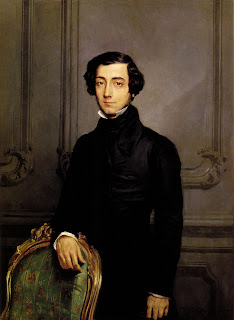
My friend Rick P (aka Yogui) has suggested me to address the issue surrounding Stanford Bank and fraud allegations and government intervention of a global banking institution. Asides from value judgments this is like a wet dream for any banking and finance attorneys. And for bankruptcy attorneys well it’s like hunting such a huge animal only comparable to a huge Tuna, definitely more meat than teethes to sink in.
What really gets my attention is this fellow Robert Allen Stanford. He comes from Mexia, Texas (a small town in Texas) yet officially resides in the US Virgin Islands and is an honorary citizen of Antigua. He was born in 1950, which roughly makes him 59 years old. He officially holds no formal education, not even a community college degree, at least made public. Stanford International Bank became global from its operation in Antigua during the last 10 years. What really gets my attention is that this bank from Antigua was targeting Latin American investors. Specifically, investors between the figures of 250K all the way up to 20 million dollars. To this date, Stanford Banks have been controlled by governments in Mexico, Panama, Venezuela, Ecuador and Peru.
The Banks experience was directly from Allen Stanford real estate experience and his board, comprised mainly by his college roommate (did he drop out from college? or what?), his father, Laura Pendergast-Holt (a hot chick, apparently Stanford’s mistress) and a resident from Mexia, Texas.
Mr. Stanford has had quite a joyride throughout the years, living a lavish lifestyle while remaining savvy with his greedy Latin American friends. Now, the fraud was not only in Latin America. The fraud permeated the United States, where the SEC and the FBI had to intervene when they found out that Stanford was offering an insane percentage against cash in Certificates of Deposits (CD). Now, US government officials conducted their investigations in Antigua (what? now Antigua is US jurisdiction?), and have seized property belonging to Stanford in Stanford International Bank and ordered the repatriation of cash to the United States.
What really baffles me is that Stanford Bank was being sued by Stanford University, because Allen Stanford alleged that his great-great-great-great grandfather was related to the found of Stanford University. Also being sued by St Judes Cancer Hospital, because Stanford had represented in its financial statements that they made a contribution of 15 Million Dollars, which they never received.
As of yesterday the FBI issued a press release statement disclosing to the public that Stanford Bank may have laundered money for the Cartel of Gulf (Mexico’s worst drug cartel operation), which now makes sense to have operations throughout Latin America, including Peru, Ecuador, Colombia and Venezuela...And for the FBI to release such a statement translates into what they think professionally before they present the case to a Federal Judge on legal grounds. Time will only tell, but when the news come do not be a stranger...








